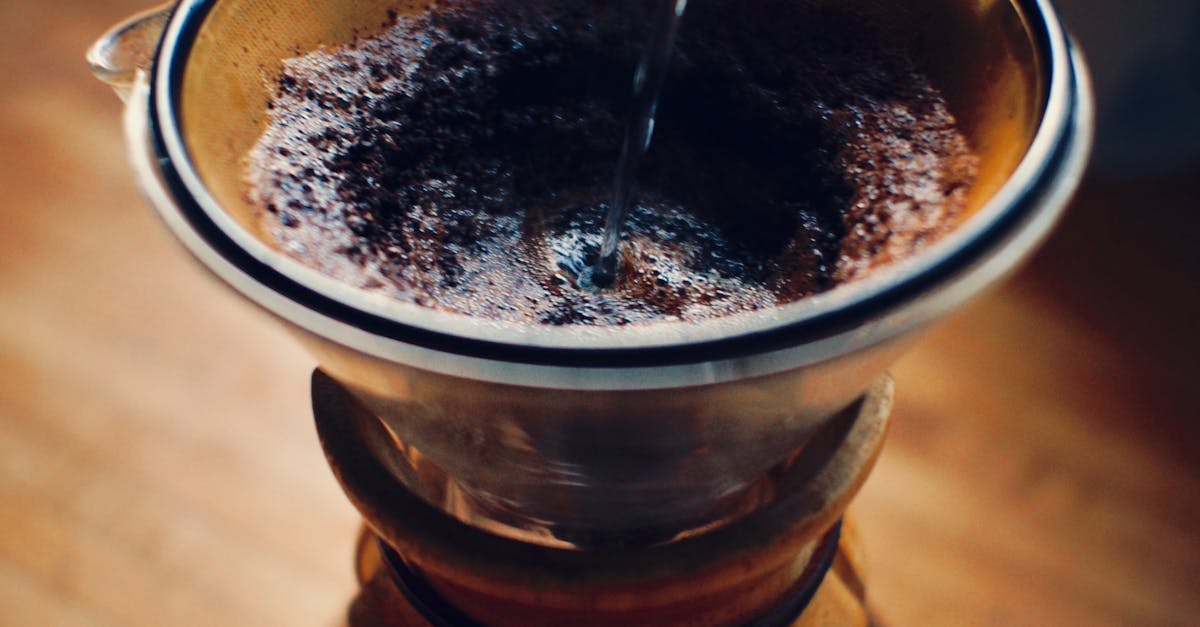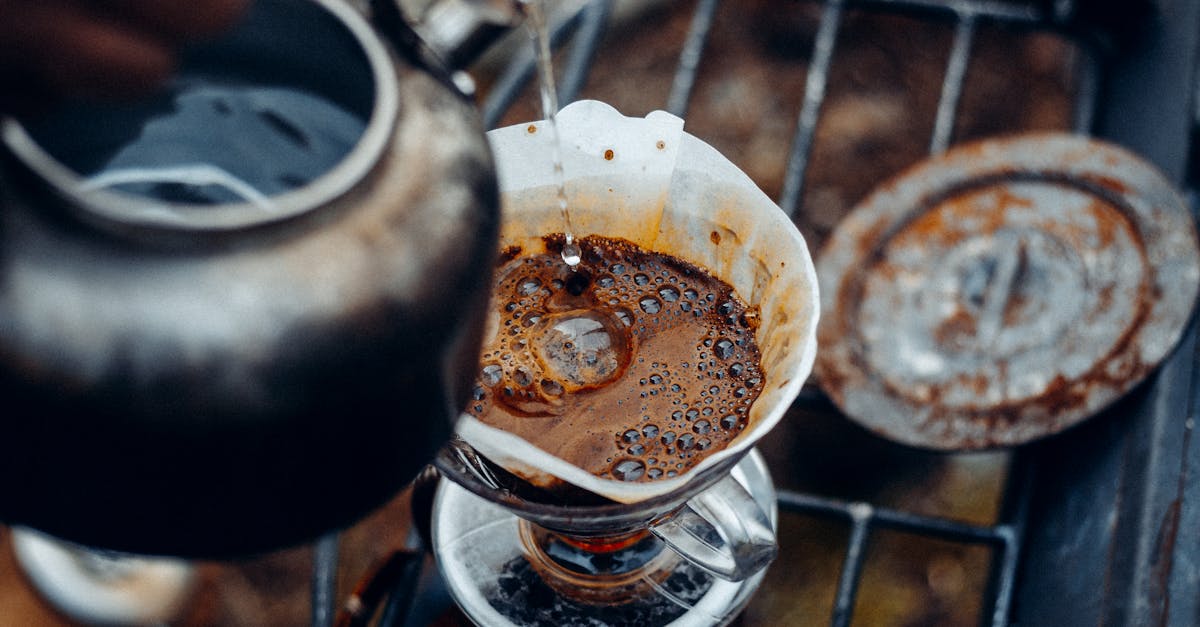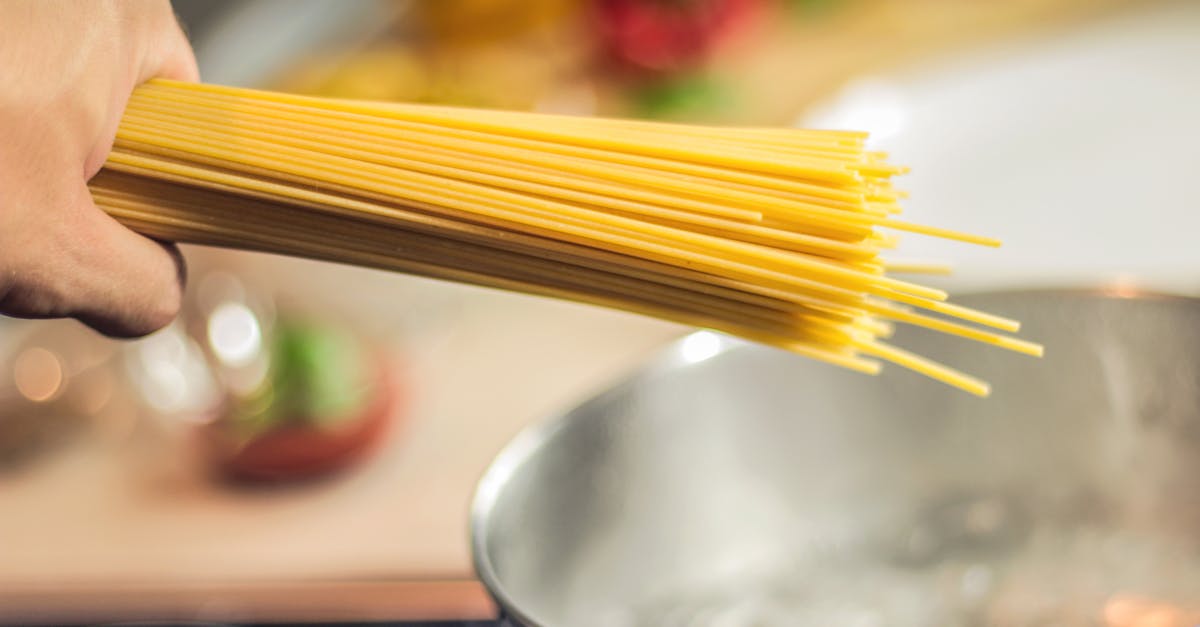
Table Of Contents
Gas Supply Problems
When a Rheem water heater fails to produce hot water, gas supply problems often take center stage in Hot Water System Troubleshooting. If the pilot light is out or the burner fails to ignite, the issue could lie in the gas supply line. Checking that the gas valve is fully open is an essential first step. Additionally, if the gas meter is low on pressure or if there are blockages in the line, it can hinder the flow of gas necessary for proper functioning.
Sometimes, appliances connected to the same gas line can affect the overall gas pressure. A shared line may not provide enough gas to your water heater, particularly during peak usage times. Examining other gas appliances for similar issues can provide insights into whether a larger problem with the gas supply exists. Regular maintenance and inspections of the gas supply line can also be crucial in identifying potential problems before they escalate.
Ensuring Proper Gas Flow
Ensuring a steady and adequate gas supply is essential for the optimal functioning of your Rheem water heater. A gas valve that is partially closed or a clogged gas line can significantly hinder the flow of gas to the burner. Checking the main gas supply and ensuring that all valves are open can often resolve issues related to gas flow. Routine maintenance of the gas lines also helps identify potential blockages or corrosion that could impede the supply of gas.
In many cases, the pilot light could be the culprit if the gas flow is inadequate. If the pilot light is out, it should be relit according to the manufacturer’s instructions. Additionally, it may be necessary to inspect the thermocouple, which regulates the gas supply based on the pilot light's operation. Addressing any concerns related to the gas system is a vital component of Hot Water System Troubleshooting, ultimately ensuring that your water heater operates effectively.
Insufficient Tank Size
When a household experiences a lack of hot water, the size of the water heater can often be a contributing factor. If the tank is too small for the demands of the household, it may quickly deplete its hot water supply, leaving everyone waiting for the next batch to heat up. In many cases, a family’s hot water needs may surpass the capacity of the existing unit, particularly during peak usage times such as mornings or evenings when multiple showers or appliances are in use simultaneously.
Evaluating hot water demand is crucial for effective Hot Water System Troubleshooting. If the current tank size cannot meet the requirements, it might be time to consider upgrading to a larger unit or even switching to a tankless system. This change can provide a continuous supply of hot water, aligning with the needs of the household and eliminating the frustration of running out during critical times.
Evaluating Hot Water Demand
When evaluating hot water demand, it's essential to assess the household's daily usage patterns. Factors such as the number of occupants, peak usage times, and appliances that require hot water can contribute significantly to overall demand. A family with multiple showers, laundry days, and dishwashing will naturally consume more hot water than a single occupant. Understanding these patterns can help prevent unexpected shortages during high-demand periods.
If your Rheem water heater is consistently failing to meet your needs, consider whether the tank size is adequate for your specific requirements. A water heater that does not hold enough hot water for simultaneous usage throughout the day can lead to frustration. During the process of Hot Water System Troubleshooting, take note of the times when hot water is most frequently needed to determine if an upgrade or adjustment is necessary to accommodate your household's consumption.
Leaks in the System
Leaks in the system can significantly affect the efficiency of your Rheem water heater. When water escapes from pipes or fittings, it leads to a decrease in available hot water. This can happen due to corrosion, aging components, or improper installation. Regular inspections are essential to identify any leaks early before they escalate into more serious issues.
Hot Water System Troubleshooting often involves checking for signs of moisture around the heater and associated plumbing. Look for wet spots, dripping water, or increased water bills that could indicate hidden leaks. Addressing these issues promptly can restore the performance of the water heater and prevent further damage to the overall system.
Detecting and Fixing Leaks
Leaks can significantly impact the efficiency of your Rheem water heater, leading to insufficient hot water production. Start by inspecting the connections, pipes, and fittings around the unit for any signs of moisture or rust. A wet area can indicate a leak that may require immediate attention. Checking the pressure relief valve is also essential, as it may leak if it's faulty or if the system pressure is too high. Regularly monitoring these components can prevent larger issues down the line.
In performing Hot Water System Troubleshooting, it is crucial to turn off the power and the water supply before beginning any repair work. If you locate a leak, replacing the damaged component might be necessary. Using plumber’s tape on threaded connections can help seal minor leaks. For more significant leaks or if you are uncertain, it is advisable to consult a professional plumber. Taking swift action can restore your water heater's efficiency and ensure a reliable supply of hot water.
FAQS
What should I check first if my Rheem water heater is not producing hot water?
Start by checking the gas supply to ensure that the gas valve is open and that there are no interruptions in the gas flow.
How can I tell if my water heater tank is too small for my needs?
Evaluate your household's hot water demand by considering the number of fixtures used simultaneously, such as showers, dishwashers, and washing machines, to determine if the tank size is adequate.
What are the signs of a leak in my water heater system?
Look for visible water pooling around the base of the water heater, damp spots on walls or floors, or a drop in water pressure, which could indicate a leak.
How can I fix a gas supply issue with my water heater?
If you suspect a gas supply issue, check that the gas valve is fully opened, ensure there are no obstructions in the gas line, and consider contacting a professional if the problem persists.
Is it necessary to call a professional if I detect a leak in my water heater?
Yes, it is advisable to call a professional plumber to assess and repair leaks, as they can be hazardous and may require specialized tools and expertise to fix.





























